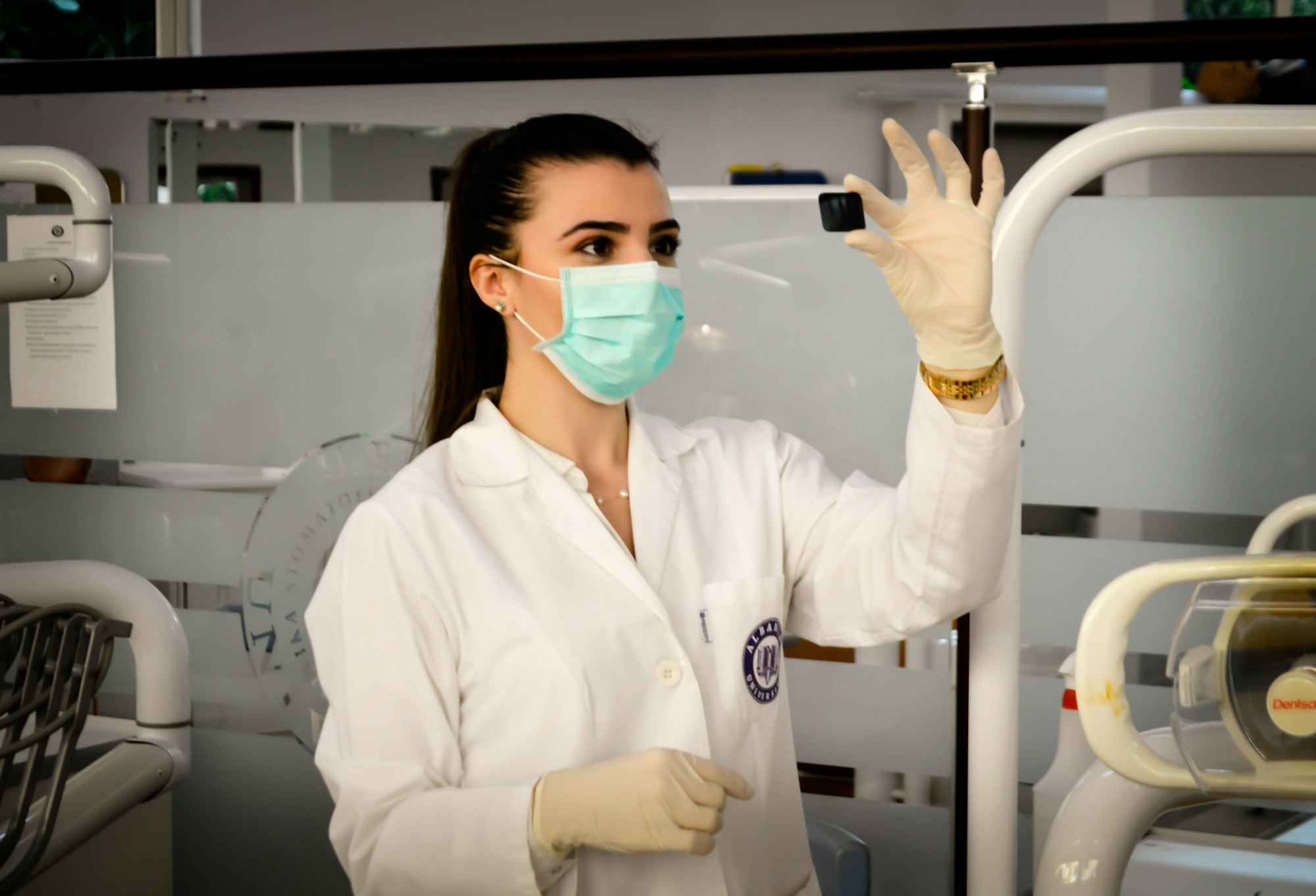U.S. Healthcare Industry Sets Path Toward Net Zero
Climate change affects human health. But this isn’t a one-way street. The healthcare industry also affects climate change, which is prompting health organizations to make net-zero pledges.

Climate change affects human health. As the planet warms, areas like air quality and water quality suffer. But this isn’t a one-way street. The healthcare industry also affects climate change.
That’s why 61 of the largest health organizations in the U.S. joined the Biden administration’s Health Sector Climate Pledge. Doing so commits these organizations to cutting greenhouse gas emissions in half by 2030 and reaching net-zero emissions by 2050, if not sooner. The pledge also includes building resilience to navigate the effects of climate change.
These organizations — ranging from non-profit health systems like Providence to private pharmaceutical companies like Pfizer — join “more than 200 federal hospitals and health facilities from HHS (Health and Human Services), the Department of Veterans Affairs (VA) and the Military Health System,” according to a White House press release.
The Link Between Healthcare and Climate Change

At first glance, the healthcare industry might not seem like it makes much impact on climate. A stethoscope doesn’t require jet fuel, and a pharmaceutical lab looks nothing like a feedlot.
But that doesn’t mean the industry escapes emissions by default. In fact, the U.S. health sector accounts for around 8.5% of the country’s total carbon emissions, according to research in The New England Journal of Medicine (NEJM). The U.S. healthcare industry particularly stands out, accounting for 25% of global health sector emissions, the NEJM research adda. That makes the Health Sector Climate Pledge even more important in the fight against climate change.
But why such high emissions? Part of the impact comes from running healthcare facilities, with all the heating, cooling, electricity and whatnot needed to operate. Anaesthetic gases contribute too. The biggest impact, however, comes from Scope 3 indirect emissions — things like the manufacturing of medical devices and waste disposal — as research in Health Affairs points out.
The Health Affairs article highlights how other studies have shown that, altogether, Scope 3 emissions account for around 80% of U.S. health sector emissions.
Reaching Net Zero

If healthcare organizations want to reach net zero, they need to look closely at their supply chains and holistic operations, rather than just, say, running a hospital off of renewable energy. The latter helps, but healthcare organizations need to do more.
One of the pledgees, Providence, has an even more ambitious goal to become carbon negative by 2030. Doing so requires a multi-pronged approach. One of those prongs is waste management. Providence points out that “hospitals can generate 42 pounds of waste per patient, per day.” To cut that down and reach its goal of sending less than 50% of waste to landfills or incineration, the health system has implemented programs ranging from composting food waste to partnering with local organizations that can reuse materials.
Another pledgee, Vizient, provides consulting to healthcare organizations. Part of the company’s work has involved coming up with sustainability standards for healthcare products, which can thus help other health organizations reduce the impact of their supply chains.
“Over the past five years, Vizient has provided our list of 23 environmentally preferred product attributes to any organization who requests it including our competitors. Vizient believes if all organizations operate from one common set of guidelines, change will be expedited,” the company notes in a press release.
This type of collaboration is also evident in the Biden administration’s pledge that brings together private and public health organizations. Other organizations have until October 28, 2022 to join the pledge in order to be “recognized in an announcement at the United Nations Framework Convention on Climate Change Conference in November 2022,” an HHS press release adds.
Disclosure: Our parent company, JournoContent LLC, has clients involved in sustainability-related areas, among others. The owner of Carbon Neutral Copy, Jacob (Jake) Safane, has investments in sustainability-related companies, among others.
As such, conflicts of interest related to these and other investments/business relationships, even if unintended, may exist at times. Please email info@carbonneutralcopy.com if you'd like further clarification on any issues.





